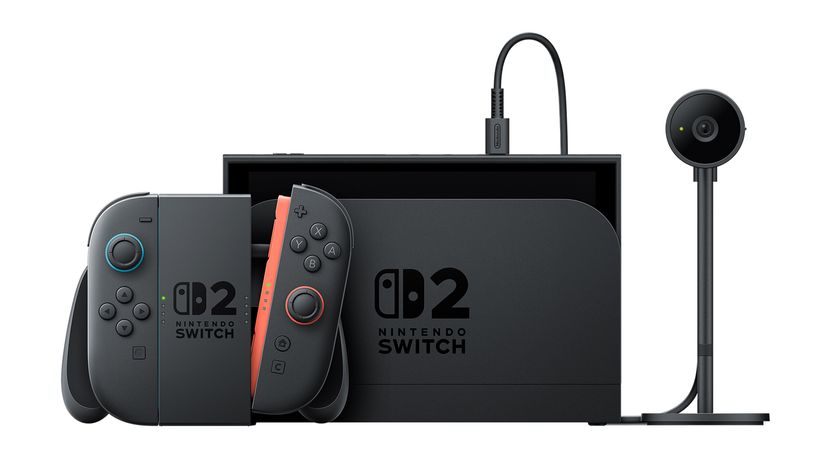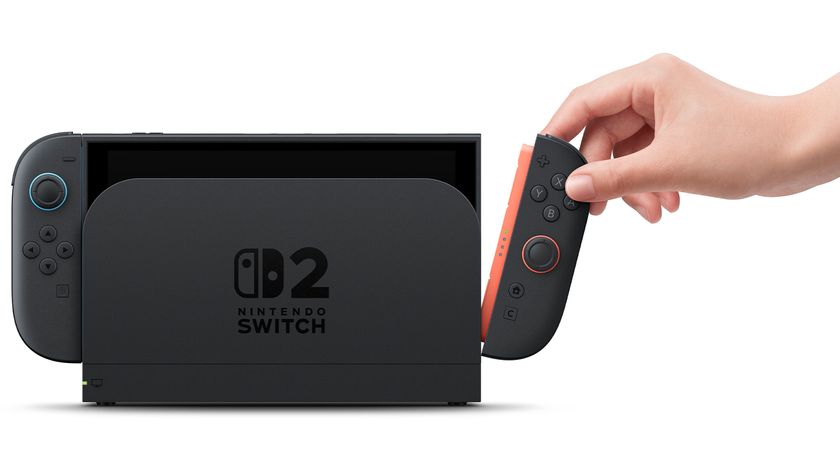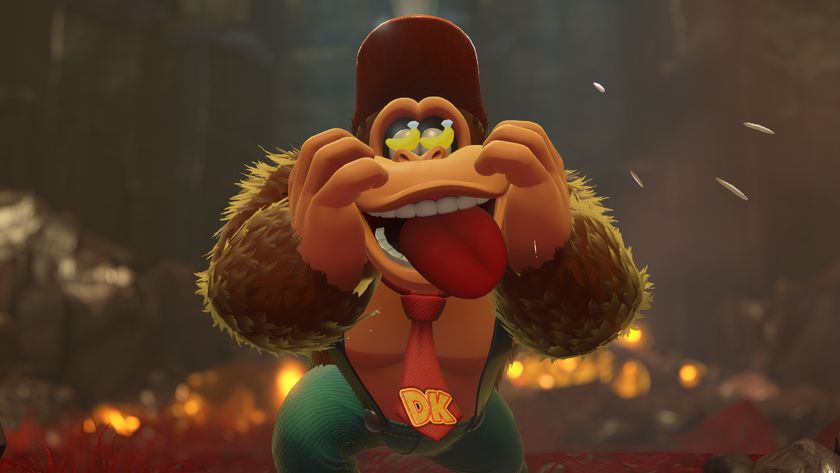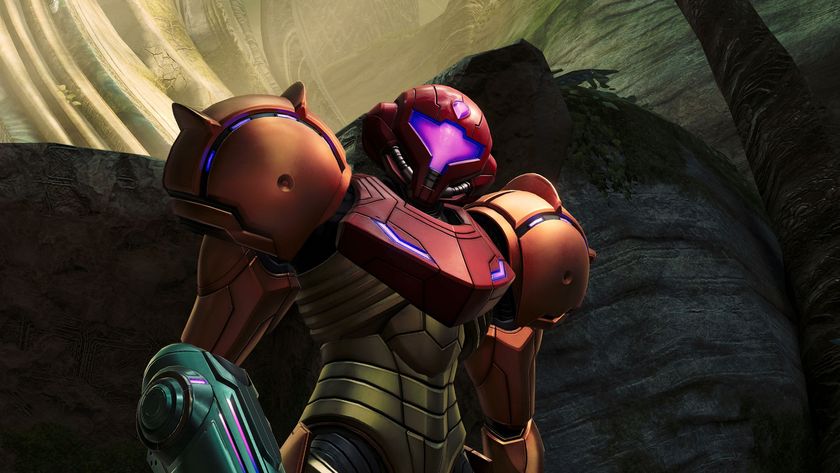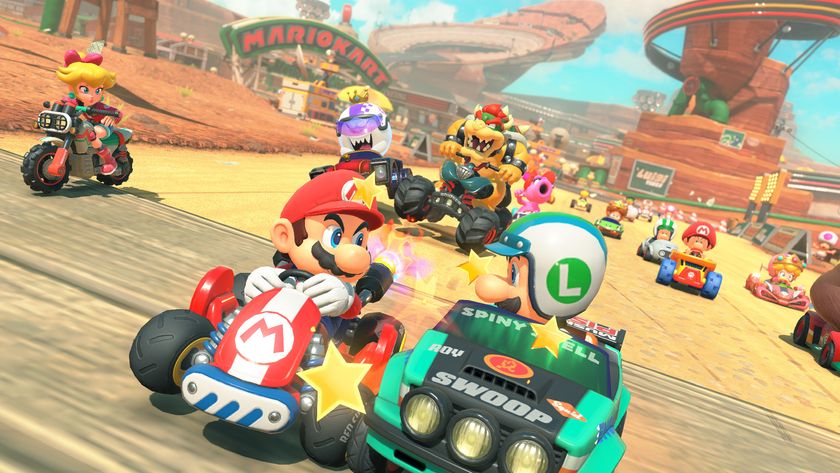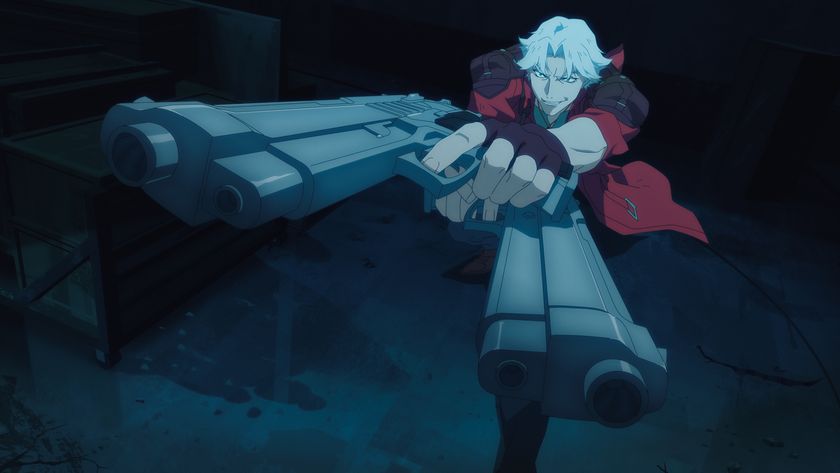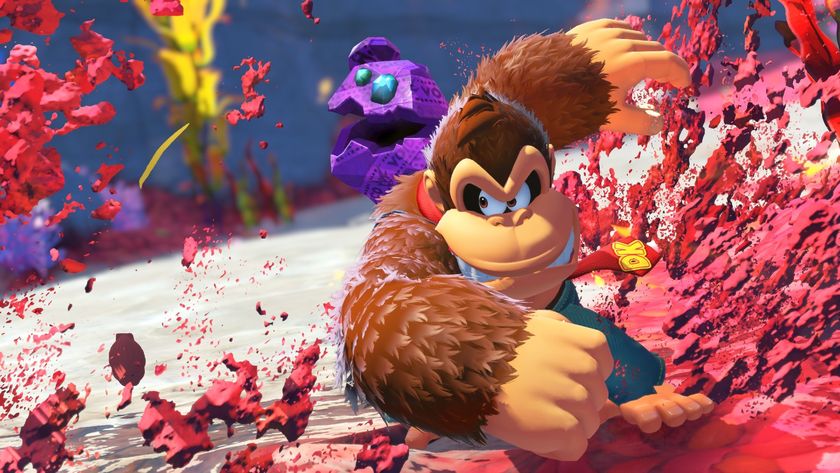Scary games for people who hate scary games
Freaked out but not frustrated
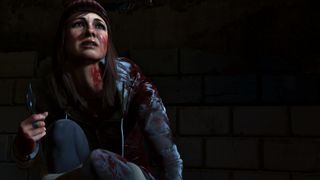
Horror games often require a certain kind of fortitude, whether you have to wade through disgustingly rendered entrails, tiptoe around unknowable beasts, or watch characters die in truly gruesome ways. Seeing those things take place in a movie is one thing, but actually experiencing a never-ending series of jump scares and mortal dread in video game form can be mentally and emotionally exhausting - especially when you inevitably die at the hands of whatever you're trying to avoid and have to do it all over again.
Luckily, there are scary games out there for the rest of us. Focusing on atmosphere and mood over outright frights, these games will creep you out without going overboard. They're also much more forgiving than many other horror games, and for many of the titles on this list, player death isn't even a possibility - which definitely helps to take a lot of the edge off. And when death is on the table, you're often given more than enough tools and opportunity to save yourself from your own demise. If you're a horror wimp like me, or simply haven't yet encountered a horror game you've actually enjoyed, be sure to give these a try.
Soma
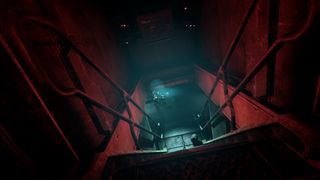
Soma isn't all that interested in outright jump scares. Oh, it still has them, and there are a few moments where you'll have to sneak past shambling creatures to make it to your next objective. But considering there are only a handful of moments during its eight-hour-long journey on the ocean floor where you really have to worry about monsters (and that most of those encounters are absurdly easy to deal with), making spooky noises and shouting 'boo' at you is clearly not the focus here.
Instead, Soma traffics in existential dread, slowly revealing its haunting layers as you explore derelict underwater research stations, hunting for clues and a way to escape to the surface. The implications of its twists and turns aren't immediately apparent, but by the time you've rolled credits, Soma has effectively dragged you through a metaphysical horror show and left you sobbing as a broken shell of a human being. What you'll find here in Soma is the kind of scare that will stick with you long after you've finished it.
Thumper

Something sinister lurks within Thumper's lines of code, something wrought from pure evil. It's a feeling you get the moment you boot it up: "Maybe I shouldn't play this. Something feels off." But the title screen entices you, its shiny chrome and atmospheric synth strains beckoning you to hit start. This is the only moment of peace you'll find in Thumper - the rest of the game wants to hurt you.
Your silver beetle thing launches down the winding track, zipping past spindly protrusions, racing toward a battle with a floating, demonic face ripped right out of the worst acid trip ever experienced. You bank around turns, leap above spike pits, and plow through barriers, tapping and holding buttons in time with Thumper’s psychedelic, polyrhythmic soundtrack, each spark and bump hitting you like a punch to the gut. Thumper demands every ounce of your attention and reflexes, requiring split-second reactions to overcome each of its challenges. The more you play, the harder it gets, and the more and more the rest of the world seems to fall away, until all that's left is you and Thumper - and that's when it finally wraps you in its tendrils, never letting go.
Rusty Lake Hotel/Rusty Lake: Roots

You've invited a bunch of animal friends over to your plush, luxury hotel for dinner. Like, literally. You're going to kill and eat the animals. This is the idea behind Rusty Lake Hotel, an escape room-like adventure on PC and mobile devices where you visit the room of each of its anthropomorphic residents to solve a series of puzzles in order to murder them and serve them up on a silver platter to the other patrons. It is delicious.
Sign up to the 12DOVE Newsletter
Weekly digests, tales from the communities you love, and more
Then there's Rusty Lake: Roots, which switches out the animals for humans - which only serves to make the inevitable murder more disturbing. Even as dark as these games can get though, there's always an absurd sense of humor about the proceedings, as the cartoon-by-way-of-Edward-Gorey visuals and absolutely ridiculous puzzle solutions all strive to make you laugh and forget about just how horrible of a person you really are. I mean, you did write an engagement letter to your new fiancée in her own blood. You did that.
The Bunker

The Bunker is the closest thing to a movie on this list, but its interactive roots elevate it above similar media. You play as John, the lone survivor locked deep inside an underground bunker long after a nuclear war, trying to do the best he can to live out the rest of his uneventful days without anything breaking down. Because you can't have a story without conflict, things quickly go sideways, and you have to guide John through the bowels of the Bunker, try to fix what's going wrong, and sort through the mystery of what happened to everyone in the first place.
It's about as interactive as your standard Telltale game - you choose various locations to interact with and mash buttons during the occasional action sequence - but what makes The Bunker stand out is that it was filmed entirely with live actors in a real, decommissioned bunker. The game is essentially a one-man show starring The Hobbit's Adam Brown, and he does a fantastic job selling the emotional weight of a grown man who's spent the entirety of his life without seeing sunlight. It's a brisk, two-hour journey, but it's an effectively haunting and highly entertaining one.
Danganronpa

Ok, yes, Danganronpa is a mouthful to say, its anime exterior looks downright saccharine compared to most other games on this list, and the main villain is a stuffed, talking teddy bear. But all of that stuff is intentional, disarming you against the downright depraved horrors lurking within the halls of its desolate high school setting.
You play as a young high school student ready to enter their first day at Hope's Peak Academy, a school that only accepts the best of the best. As you enter its doors, you fall unconscious and awaken to find all the windows boarded up, and your only chance of escape is by playing a game hosted by the devious Monokuma. In order to win, you must kill off one of your classmates and get away with it, but if you're caught, your punishment is death - and boy, does Monokuma have a twisted sense of humor. Part visual novel, part detective story, Danganronpa is basically the best Saw-themed video game you'll ever play.
Alien: Isolation (in Novice mode)

Alien: Isolation is hard even on the normal difficulty setting, which may as well be labeled 'Abandon all hope, ye who enter here'. The titular xenomorph has a preternatural, almost precognitive sense of where you are at all times. She'll hunt you down wherever you're hiding and kill you in one of a dozen different gruesome ways - which is made even more frustrating by the gulfs between save points and scarce crafting resources. So why is this even on the list? Two words: Novice mode.
This easiest of easy difficulty settings was patched in post-release, and transforms Alien: Isolation from a grueling experience into a far more enjoyable jaunt, while still retaining the tension that makes Isolation's brand of horror so palpable. The alien's AI is smart enough to sniff you out and notice you if you're not careful, and you'll probably die a few times on your way to the explosive finale, but simple mistakes are no longer the death sentence they once were. It turns a 20+ hour game filled with frustration and numerous restarts into a proper 10-hour-long roller coaster ride. If you were put off by Alien: Isolation's soul-crushing difficulty, try Novice on for size - it's a totally different game.
Resident Evil 4
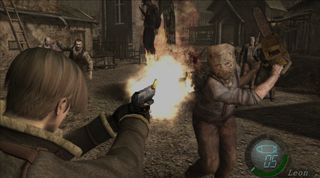
The early Resident Evil games on the PlayStation are certainly horror classics, but they're frustrating, filled with awkward camera angles, loads of backtracking, and a grating inventory system. While the recent entries in the series are easier to control, they're barely horror games, embracing frenetic action sequences, QTEs, and sunlight (which is just blasphemy). So how do you split the difference? You play Resident Evil 4.
Resident Evil 4 represents a radical shift in the series that may have led to the glorious trainwreck that is Resident Evil 6, but it still retains that horror spark found in the earlier titles. It's an action game, and ammo is more plentiful than it was during the PlayStation era, but you still have to be careful that you're not too wasteful. Besides, the enemy AI is much smarter than your average zombie, and will dodge your attacks to charge you from all sides. It's a different kind of horror - one where you have the means to combat your enemy, but still feel like you're fighting for your life every step of the way.
Until Dawn
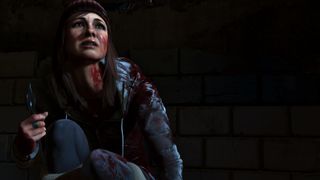
Until Dawn is basically the interactive version of all your favorite, terrible teen slasher flicks, and it's as fantastic as that sounds. The characters all start out as unlikeable jerks you wish would just die already, but by the end you're rooting for everyone to make it out alive (well, nearly everyone, anyway). The choices you make decide who lives or dies throughout the brisk, eight-hour-long adventure.
What makes Until Dawn such a great game for people who hate playing horror games is how it handles its scariest moments. Most of the time, you're simply moving from place to place, occasionally hitting button prompts or making quick decisions as they appear on screen. Where other games would force you to slog through half-baked stealth sequences, Until Dawn uses a small, focused set of inputs to guide you through its scenarios, providing you with all of the terror and none of the frustration. And even if characters die, it's not game over, as Until Dawn will continue along without them. It's a great game to play with friends, as everyone tries to agree on what choices to make - and you all get to cringe together when your decisions inevitably lead to everyone's demise.
Home
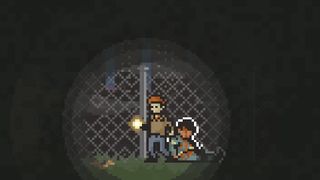
Home is great for a number of reasons. It's inexpensive, clocking in at around $5 when it's not on sale. It's simple to play, as you're only required to walk through the various environments and interact with stuff. It also gets a lot of mileage out of its pixel art aesthetic and smart sound design, relying on brooding ambient music and sound effects to evoke its version of terror. And it's relatively short; a single playthrough will take you maybe an hour to get through, tops. But you'll want to play Home over and over again, because the story changes entirely based on how you play.
You start out waking up in a house that isn't yours, not knowing how you got there. You set off to explore, and piece together the clues that will hopefully shed some light on this mystery. The thing about Home is that you're not really solving anything - rather, Home's story is sort of this amorphous blob that starts to take shape as you pick up (or ignore) specific items and enter certain rooms. You'll receive any number of endings based on the choices you make throughout your brief journey, and all of them are terrifying in a wide variety of unexpected ways.
Eternal Darkness: Sanity's Requiem
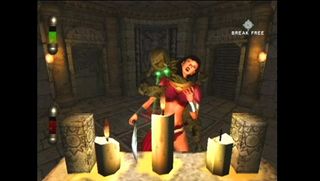
Even 13 years later, Eternal Darkness is still rightly hailed as one of the finest horror games you'll ever play, and it's not even that scary. The monster designs are certainly creepy, taking inspiration from Lovecraft's own disturbing creations, but Eternal Darkness is largely an action game, and a fairly easy one at that. No, the most terrifying part about it are the ways that the game actively tries to mess with you by breaking the fourth wall.
As you come across enemies, your sanity meter will drain, and when it reaches certain thresholds, the game will actively try to trick you, the player, by pretending to change television channels, or mute your volume, or cause blood to drip down the walls, or any number of other highly entertaining gags. So while you won't exactly crap your pants in terror, Eternal Darkness' scare tactics will stay with you for ages.

Breath of the Wild's Korok Forest might actually hit 60fps on the Switch 2 re-release, and Zelda fans can't wait for "an actual stable frame-rate" in Hyrule's most infamous region

The Legend of Zelda: Breath of the Wild and Tears of the Kingdom are finally getting achievements, but it's paywalled behind the Switch 2 editions

